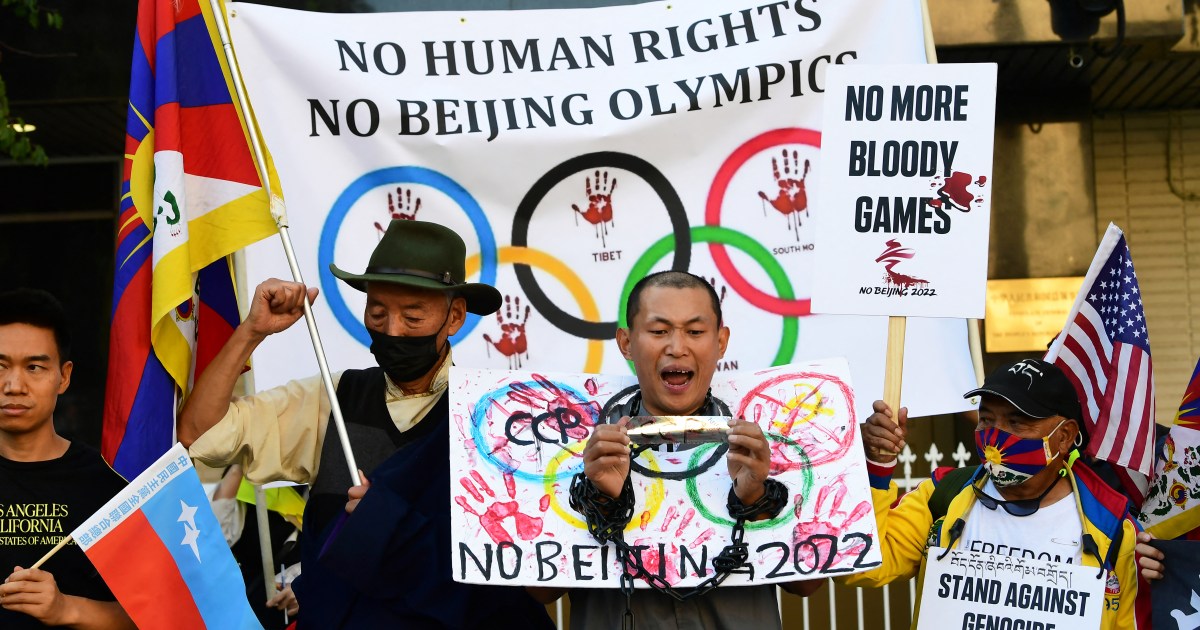A Cool Reception to the Close of the Summit for Democracy
Biden invited the leaders from 111 countries and regions. A criticism from the start of the summit was the invitation extended to leaders of authoritarian governments. In video messages from their countries, Filipino President Rodrigo Duterte stated that “freedom of speech and freedom of the press are fully enjoyed” in the Philippines, and Brazilian President Jair Bolsonaro boasted that “Brazil can be depended on in to strengthen world democracy.”
Biden expressed a hope that the second summit next year would be in person. According to the Biden administration, each nation will report on progress made following their agreed-upon efforts in one year. However, because there is no joint declaration binding the nations together, the summit may end after each nation gives its statement.
One of the aims of the summit is to keep China and Russia, which Biden refers to as “autocrats,” in check. Concerns were also shared on Dec. 10 that the rapid development of technologies like artificial intelligence work to the advantage of autocratic nations. There is a sense of danger in the U.S., as China uses surveillance and censorship technology to oppress minorities in the Xinjiang Uighur Autonomous Region and exports that technology to other autocracies.
There is deep-seated anxiety that democratic nations’ freedom of speech and online space is a weakness that autocracies could exploit with misinformation. Samantha Power, the administrator of the United States Agency for International Development, which is in charge of developmental assistance, said on Dec. 10, “Authoritarians learned that Big Data, social media control the internet, and artificial intelligence could make them even more powerful,” and announced a USAID plan to contribute $20 million (approximately 2.3 billion yen) for the next two years toward maintaining a secure digital environment. At the closing of the summit, the U.S. Treasury also announced sanctions banning investments in SenseTime, a Chinese company known for its development of facial recognition technology which aided in the oppression of minorities in Xinjiang.
At the summit, the Biden administration intended to create a loose “coalition of the willing” against both China and Russia. Because democracy was the cause, not only were China and Russia excluded but countries such as Saudi Arabia, and the majority of Middle Eastern countries as well. This selection of countries raised concerns that it would “force countries to make a choice [of which faction to join] ... that’s a very risky game,” said Marlene Laruelle of The George Washington University.
In fact, Pakistan, which is strengthening its ties with China, was completely absent from the summit. For those that were not invited, not only China and Russia, but Hungary and others are also resisting closer relations with the U.S. Other nations not invited by the United States may find common ground and intensify their mutual cooperation.

